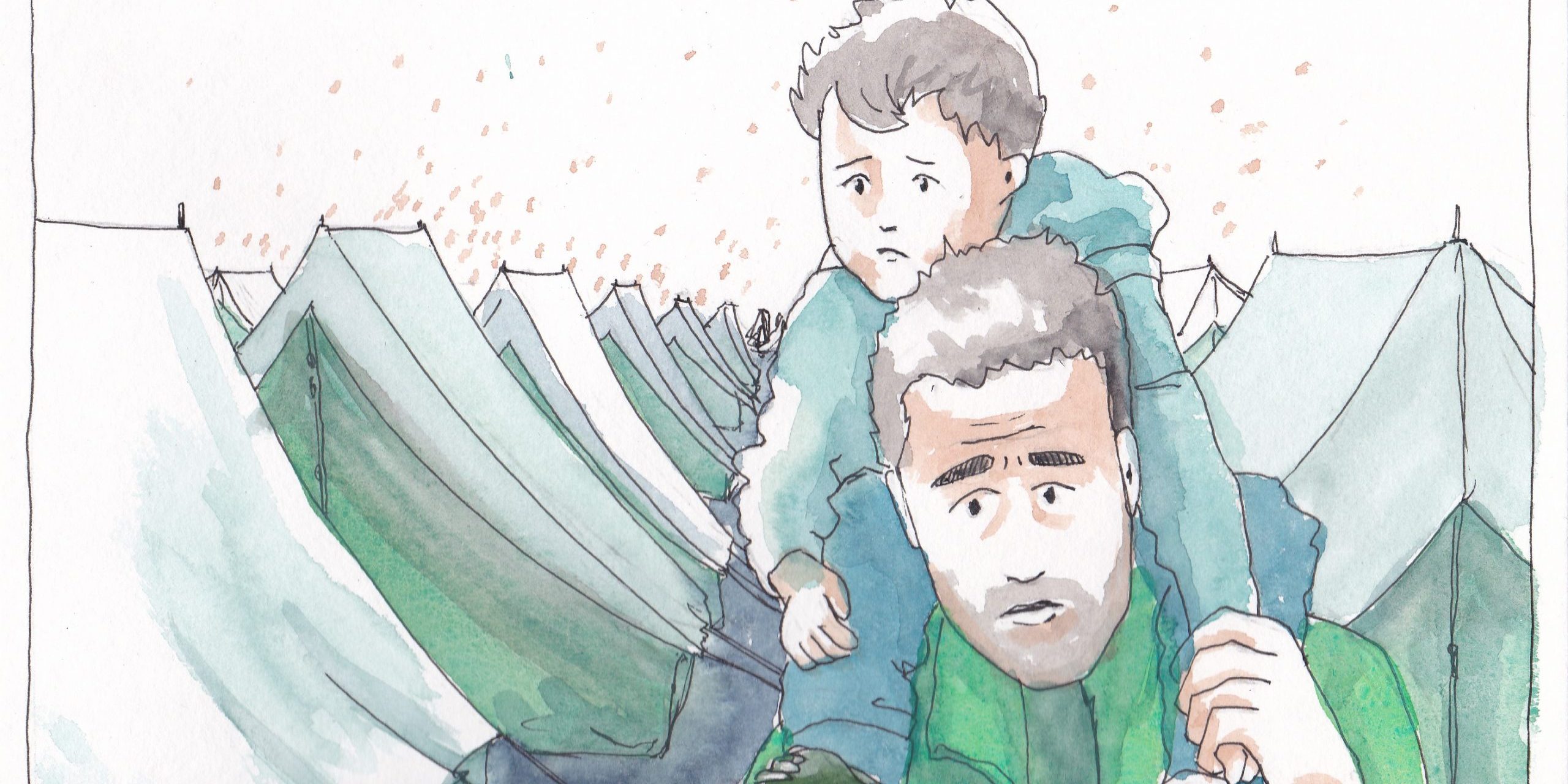European Union Member States found something they agree on this morning when Ministers from various migration departments formed a Working Group to discuss the impact of COVID19 on some of Europe’s most vulnerable residents.
“We have a longstanding track record of washing our hands of this type of responsibility” commented the Working Group’s spokesperson. She added “social distancing became concrete EU policy on 18 March 2016. Fortress Europe has a long history, we couldn’t be better placed to deal with this pandemic.“
Refugees and migrants from around Europe have spoken about how the outbreak and Government measures to prevent the spread of the virus have affected them.
A Syrian man living in a refugee camp in Greece said: “My family is an absolute nightmare so infrequent contact via social media is perfect for me. Also, we obviously have no access to WIFI and all the extra traffic slowing mobile internet provides the perfect excuse for not calling home so often.”
A Kurdish community representative in Germany said: “I understand Europeans’ urge to hoard gluten-free pasta, avocados and milk alternatives. However, from extensive lockdown experience in concrete basements and caves, I can tell you that oat milk goes bad very quickly if you don’t refrigerate it.”
Meanwhile, on the Greek island of Lesvos, an Eritrean teacher who offers classes to pass the time during lockdown in the notorious Moria refugee camp lets us in on a secret. “Today’s maths problem is unsolvable!” she jokes. “The question is: if 20,000 people, locked into a space for 3,000 need to follow WHO’s 20 second handwashing guidance, whilst maintaining 2 metres apart and there is only 1 water tap for every 1,300 people, how can this possibly work?”
Authorities and politicians are also keen to show they are taking steps to shield vulnerable communities. In the Netherlands, the Dutch Immigration and Naturalisation Service (IND) stressed its determination to “keep a distance of around 3000 km between refugees and their family members” as they successfully have been practicing for many years by refusing family reunification.
German Chancellor Angela Merkel posted on Instagram a photo of how distancing can be practised in politics: “Left came to the Center, and the Center shifted to the Right, and the Right was pushed to the Far-Right.” “The most important thing to remember is to wash your hands after every election” she added.
Less impressed, were far-right groups who admitted that the recent spread of the coronavirus had provided a “temporary setback” to the violence and hate recently unleashed against migrants, refugees and their supporters at the Greek border. However, the spokesperson from a fascist group from Northern Europe was more upbeat “Thankfully”, he said, “in recent years mainstream politics has taken over our rhetoric and actions, and basically does the work for us. People are being locked up in detention camps and stripped off their basic rights. It is very encouraging indeed and brings back great memories of the 1930s”.
Away from the camps we contacted Iraqis, Somalis, and many other citizens of ex-colonies settled around Europe, all of whom described feelings of “relief” at learning that social distancing was official Government strategy. “I almost lost faith in humanity” admitted a young Afghan woman who lives in Austria. “People were avoiding me, crossing the street when I passed and giving me at least a 2-meter-wide berth. I just thought they were racists but now I understand that this is EU policy”.
[This 100% authentic report was provided to Sea-Watch by a multinational activist collective in and around Camp Moria in Lesbos with a request for publication today, April 1, 2020.]











